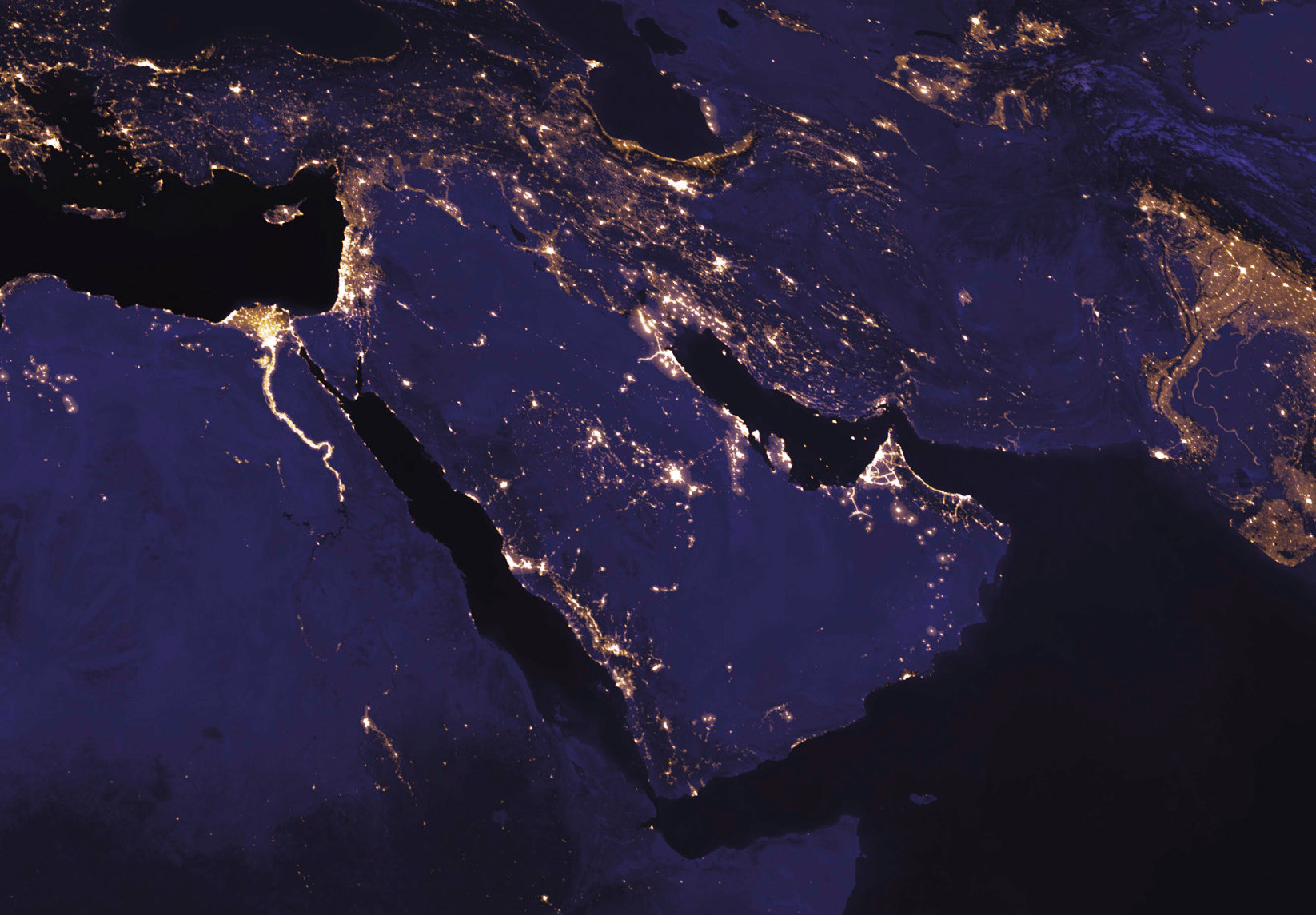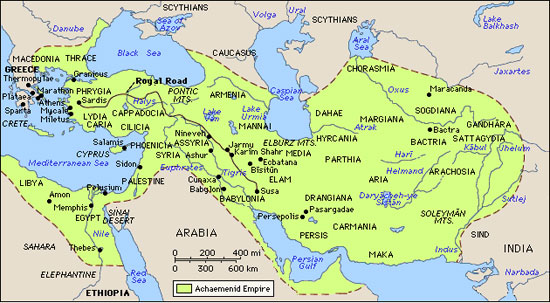As Hasan Suroor explains in the Hindu, voting for a secular party does not have too much appeal for conservative muslims and there is a pent up demand to have their own party. This would be of course a daughter of the erstwhile Muslim League which expired once Pakistan was born. The problem with this approach is that a nation-wide muslim party will not fly (yet) and lead to more divisions and in-fighting.
In a nutshell if a right-wing nation-wide muslim party does materialize, Congress will vanish and BJP will become the natural ruling party of India.
Here are then the trends of muslim voting in select states.
……………….
Maharashtra: ….at a meeting convened by former
MLA Yusuf Abrahani before the last phase of Maharashtra polls, Muslim
NGO representatives decided Muslims should vote for Congress-NCP . “CM
Prithviraj Chavan assures he will address demands. Delegates took home
the message that they have to set aside their grouse against the
Congress,” says Abrahani. “In all Muslim-majority pockets in the state,
the community voted single-mindedly to stop the Modi wave,” says Maulana
Mahmood Daryabadi of All India Ulema Council, one of several
socio-religious groups that helped decide how the community votes.
In the 2009
elections in Aurangabad, where Muslims constitute 3.5 of 14 lakh voters,
a BSP Muslim candidate took away 32,000 votes, helping Shiv Sena’s
Chandrakant Khaire win.
“This time the community closed ranks
and voted en bloc for Congress candidate Nitin Patil,” Aurangabad-based
activist Mohsin Khan says. That candidates don’t share their religion
hasn’t deterred Muslim voters. In Bhiwandi, Maharashtra, the community
didn’t back Mumtaz Ansari (BSP) and Jalal Ansari (AAP), voting instead
for Congress’ Vishwas Patil. Activists claim that apart from Medha
Patkar in Mumbai North East, no other AAP candidate in Maharashtra has
got a sizeable number of community votes.
Bihar: ….organizations like Jamiat Ulema, Imarat
Shariah, Momin Conference , Jamiat-ul-Quraish and Milli Council appealed
to the community to vote for a strong, secular candidate. Community
leaders claim that Bihar’s 14 electoral constituencies, with 20% to 68%
Muslim population, ignored appeals by Shahi Imam (Congress supporter)
and Shia cleric Maulana Kalb-e-Jawwad (Congress detractor) and went with
advice doled out at local mosques. Maulana Muzaffar Raza, a Shia cleric
in Patna city, says the biggest concern for Muslims is to stop Modi.
“Muslims are not scared of Modi. They hate him,” he says.
In 2009, NCP candidate
Tariq Anwar had lost from Muslim populated Katihar, Bihar despite having
2.55 lakh votes. With three other Muslim candidates together bagging
over one lakh votes, a BJP candidate took the seat. It was the same
story in Bihar’s other Muslim constituencies, which is why this year
JD(U) candidate Akhtarul Iman, pitted against sitting Congress MP
Asrarul Haq in Kishanganj , withdrew his candidacy. It left the party
red-faced but sent a strong signal to the community . “I preferred to
sacrifice myself to check the division,” Iman says. Axom: ….in 2011, the All
India United Democratic Front (AIUDF) led by
businessmanturned-politician Badruddin Ajmal wrested 18 assembly seats
from Congress in Assam’s Muslim constituencies. This year, as the
Congress mobilizes the Muslim electorate to ensure the vote isn’t split,
Ajmal too pledges support towards their plans.
Fear of being branded
‘illegal immigrants’ is a major driver for Assam’s Muslim population —
30% of 1.88 crore voters — to support Congress. This is despite the fact
that the party failed to protect or ensure justice for them after one
of the nation’s worst pogroms in 1983. Mohammed Nurul Islam from
Alisinga, one of the 14 Muslim villages where riots occurred, claims the
village votes as one. “Perhaps it has become our habit to vote for
Congress,” the 65-year-old says. Abdul Karim, 60, who also survived the
massacre, explains, “The party takes heed of our concerns even if it
does not fulfill all our demands.” Many of these Muslims feel more
secure with Congress than BJP, which has made Bangladeshi influx a
rallying point in electoral campaigns.
Delhi: ……have seen potential in AAP. Locals
from Batla House, Jamia Nagar, Shaheen Bagh and Abul Fazal Enclave say
they voted for AAP to rid the community of the ‘terror’ tag. “BJP
leaders have declared us terrorists and Congress has done nothing for
us,” says Rehan, a student from Jamia Milia Islamia.
In
Seemapuri, a Muslim area dominated by ragpickers , AAP scored big during
the assembly elections and is expected to sustain this lead. The area,
which had an 80% voter turnout in 2009 and has always voted Congress,
understands neither AAP nor Congress gain from a split vote. “Divided we
fall. Our consolidated vote has to go to either party, or BJP wins,”
Gulzar Saifi of New Seemapuri says.
Bengal: Muslim majority
districts like Malda, Murshidabad and North and South Dinajpur have
generally voted Congress. In parts of Bengal with a 15 to 35% Muslim
population, the vote is split between Trinamool Congress, Congress and
CPM. In the last assembly polls, a large section of Bengal’s Muslims
voted for Trinamool but are dismayed by Mamata Banerjee backtracking on
promises. “Muslims here have seen through her symbolic gestures like
wearing a stole ‘hijab’ . Nothing substantial has been done for our
betterment,” says lawyer Sagir Ahmed though other Muslim locals pledge
support for Didi. The Urdu/ Hindispeaking Muslims, in pockets of Malda,
adjoining Bihar, and Kolkata, lean towards Trinamool as the party
supports local recreational clubs, which are strong influencers in their
areas. “Mamata’s official doles to the clubs will translate to votes
for Trinamool ,” says Mohammad Sohail Beig, secretary of Haji Nurul
Islam Charitable Trust that operates in Muslim areas of Metiabruz and
Garden Reach.
.
..
..
……………
Link: http://timesofindia.indiatimes.com/home/stoi/deep-focus/The-mind-of-the-Muslim-voter/articleshow/34269439.cms
……………
regards






